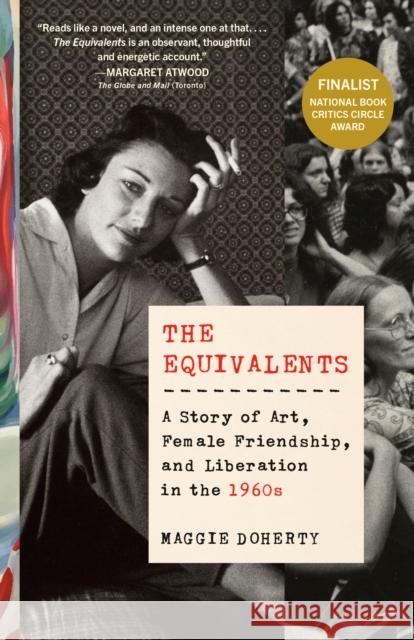The Equivalents: A Story of Art, Female Friendship, and Liberation in the 1960s » książka
topmenu
The Equivalents: A Story of Art, Female Friendship, and Liberation in the 1960s
ISBN-13: 9780525434603 / Angielski / Miękka / 2021 / 400 str.
Kategorie:
Kategorie BISAC:
Wydawca:
Vintage
Język:
Angielski
ISBN-13:
9780525434603
Rok wydania:
2021
Ilość stron:
400
Waga:
0.34 kg
Wymiary:
20.07 x 12.95 x 2.29
Oprawa:
Miękka
Wolumenów:
01
Dodatkowe informacje:
Bibliografia











